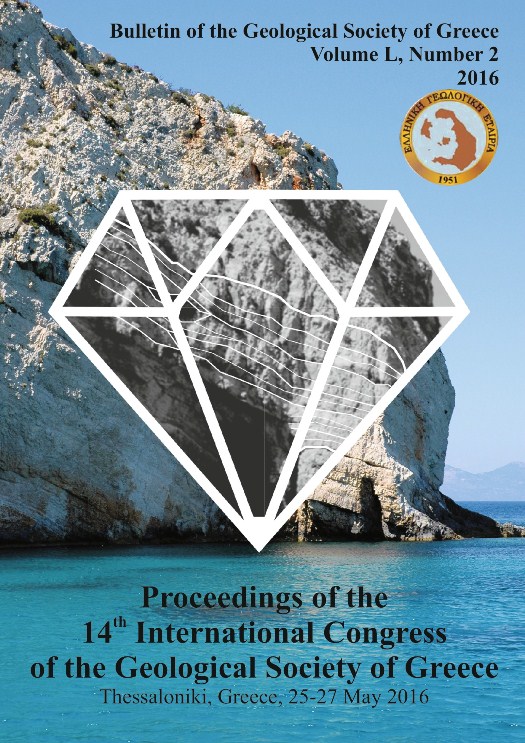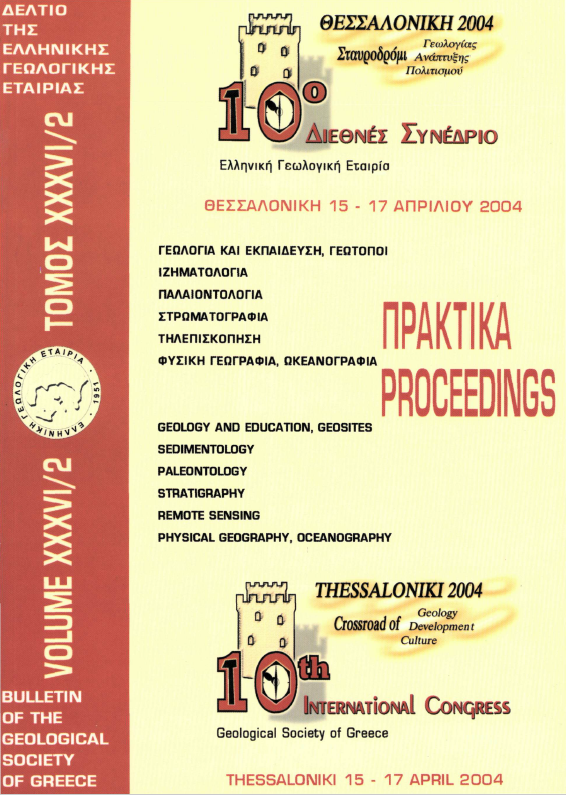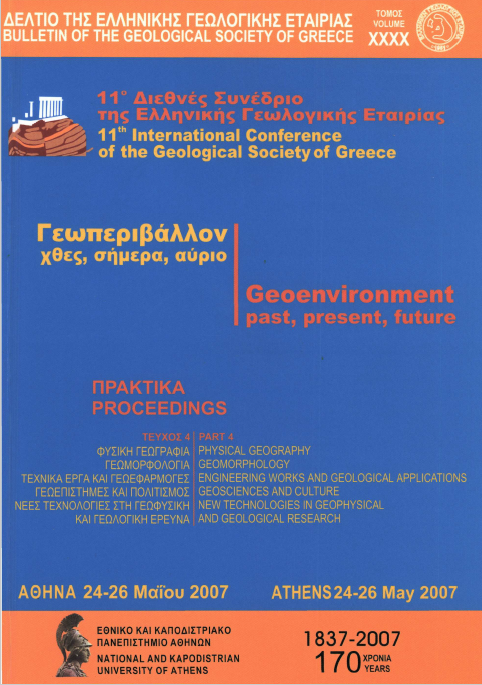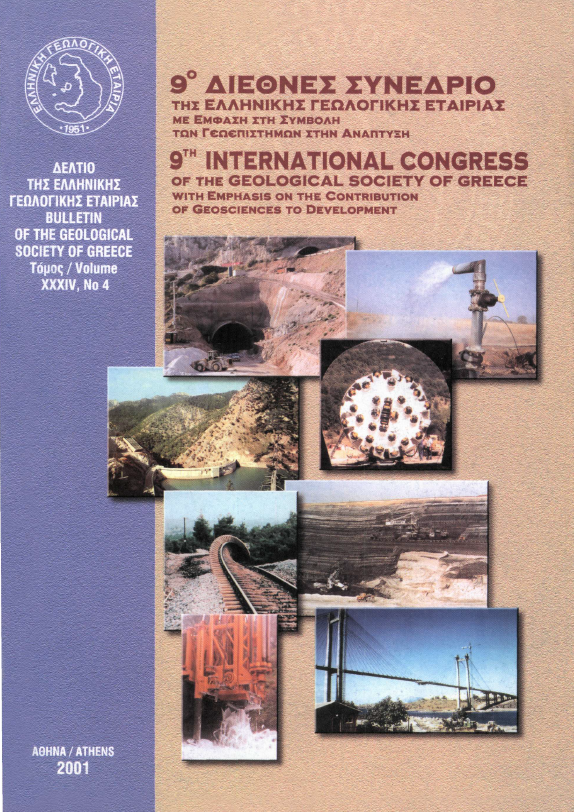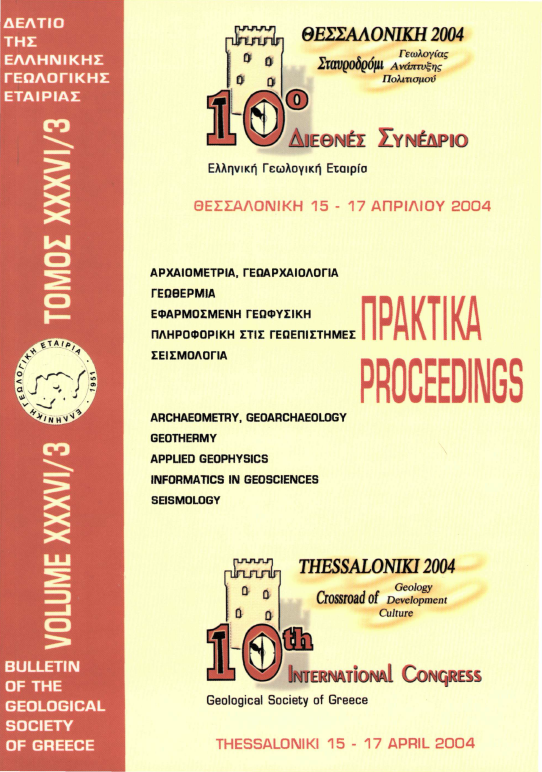Mislocation vectors for the Tripoli seismic array, Greece, and structural effect implications from backazimuth and slowness residual analysis
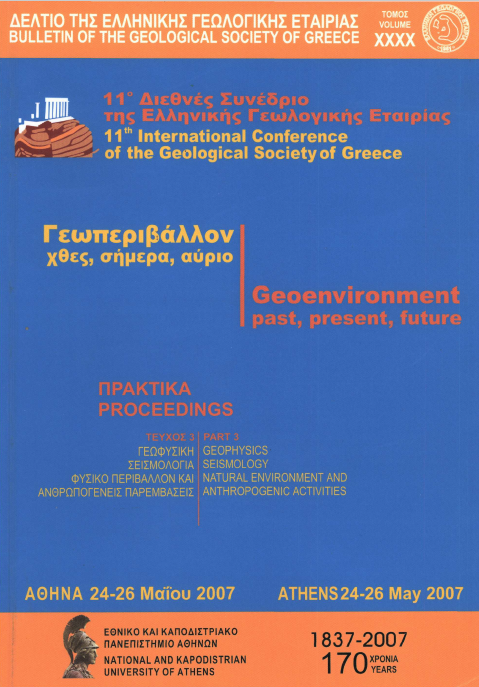
Abstract
Tripoli Seismic Array, Greece, performance in terms of event location is restricted by its very small aperture and limited number of sensors. Detailed investigation of errors in automatic location results suggests structural and local geology effects. In order to investigate the possibility to correct for systematic errors automatically, mis location vectors were calculated for an extended data-set. Theoretical values were calculated based on earthquake catalogues compiled by the National Observatory of Athens and the ISC. Resulting mis location vectors are characterized by significant vector length, consistent with the large observed backazimuth and slowness residuals, the smaller values being met in the area NE of the array and for epicentral distance values less than 200 km. As expected, resulting corrections mostly concern backazimuth values and are not able to sufficiently affect the final epicentre solution, as the largest automatic algorithm errors are observed in epicentral distance determination. However, the possibility to automatically correct for systematic deviations is verified, and future research with an extended array configuration is expected to provide clearer results, due to significantly lower scatter.
Article Details
- How to Cite
-
Pirli, M., Pirlis, E., & Voulgaris, N. (2007). Mislocation vectors for the Tripoli seismic array, Greece, and structural effect implications from backazimuth and slowness residual analysis. Bulletin of the Geological Society of Greece, 40(3), 1234–1245. https://doi.org/10.12681/bgsg.16876
- Section
- Geophysics and Seismology

This work is licensed under a Creative Commons Attribution-NonCommercial 4.0 International License.
Authors who publish with this journal agree to the following terms:
Authors retain copyright and grant the journal right of first publication with the work simultaneously licensed under a Creative Commons Attribution Non-Commercial License that allows others to share the work with an acknowledgement of the work's authorship and initial publication in this journal.
Authors are able to enter into separate, additional contractual arrangements for the non-exclusive distribution of the journal's published version of the work (e.g. post it to an institutional repository or publish it in a book), with an acknowledgement of its initial publication in this journal. Authors are permitted and encouraged to post their work online (preferably in institutional repositories or on their website) prior to and during the submission process, as it can lead to productive exchanges, as well as earlier and greater citation of published work.



